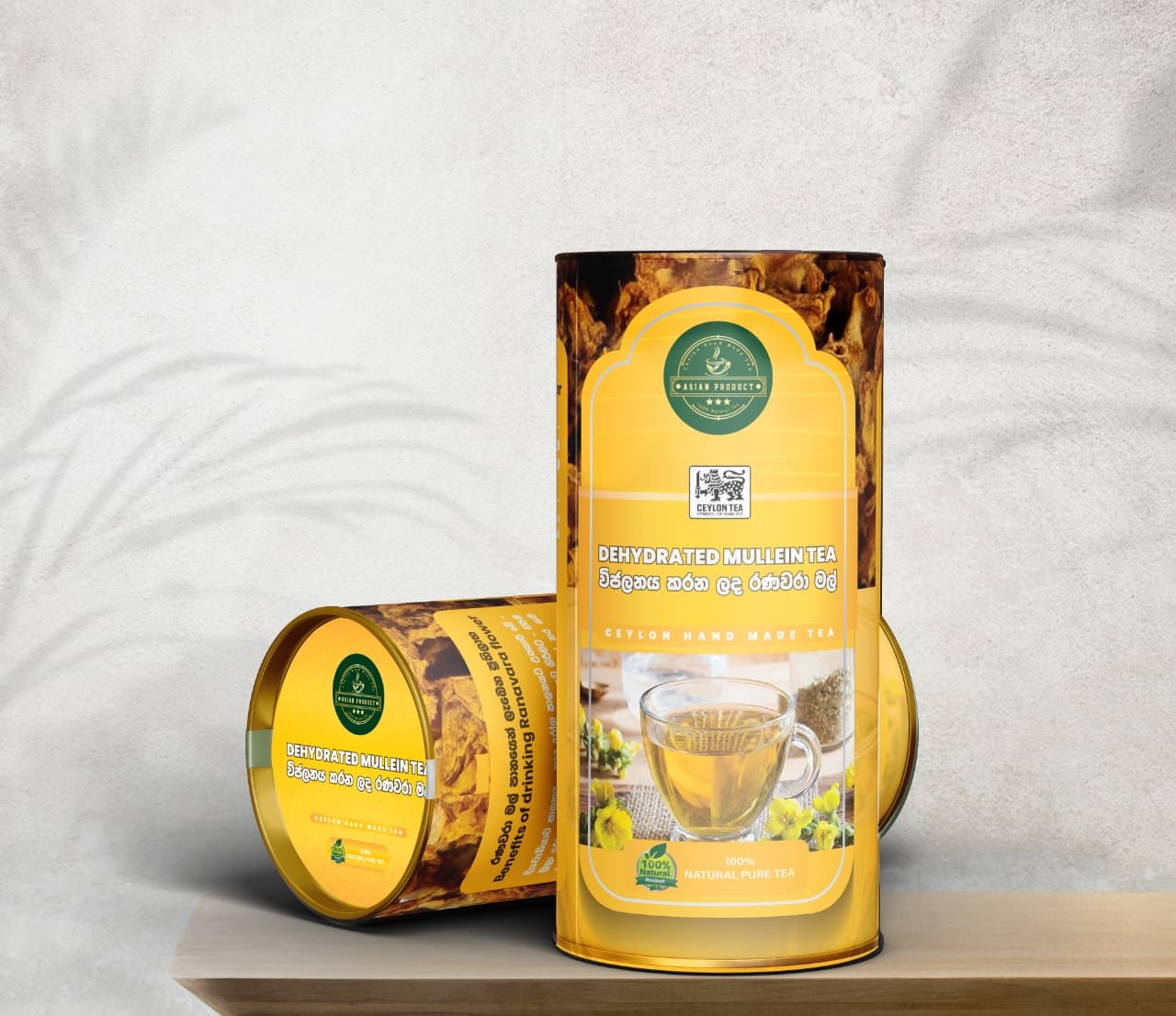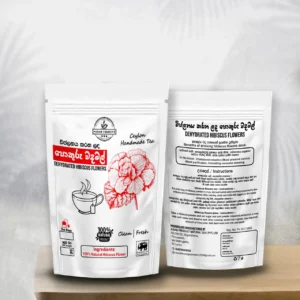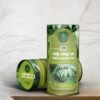Herbal medicine specialists, naturopaths, and other types of health practitioners may recommend mullein for
- Asthma
- Cough
- Common cold
- Bronchitis
- Chronic obstructive pulmonary disease (COPD
Mullein is an expectorant, which means it helps the body expel excess mucus. It usually works by helping make your coughs more productive, allowing you to clear mucus from your chest or throat. It is also a demulcent. Studies show that demulcents create a soothing anti-inflammatory coating over mucous membranes. Demulcents contain a higher amount of mucilage than other plants. All plants produce at least a little of this sticky substance, which offers relief to the mucous membranes.
Both these qualities make it useful for soothing irritation of the lungs, throat, and bronchial passages. Mullein, like other herbal medicines used for cough, also may ease cough in other ways. For example, it may work directly on your brain’s cough center, which is located in the medulla oblongata, a part of your brain stem. The cough center connects to nerves elsewhere, including receptors in your respiratory passages. Herbal medicines like mullein may target these receptors.
May help fight viral infections
Test-tube studies have shown that mullein may have some strong antiviral effects. One study showed it was particularly useful against the influenza virus. Others have suggested it might be useful in fighting a strain of the herpes virus. Because these were both test-tube studies, more research is needed to be sure of its effectiveness in people.
May help fight bacterial infections
Because mullein has some antibacterial properties, early research shows that mullein may be useful in treating middle ear infections in children. Instead of tea, the treatment consists of ear drops with mullein, St. John’s Wort, and garlic in oil or glycerin. However, more research is needed to find the best way to treat ear infections with mullein. There have been no scientific studies on this particular treatment thus far.
Mullein in different forms, such as extracts, oils, and tea, might help protect against other types of bacterial infections, including:
May reduce inflammation
Inflammation normally occurs when you get sick or injured. That’s because it’s part of your body’s immune response and helps you heal. That’s a good thing. But if inflammation remains ongoing (chronic), it can cause harm. It’s been linked to heart disease, type 2 diabetes, and certain cancers. You can protect your health by lowering inflammation with diet and lifestyle changes, such as exercising regularly, getting good sleep, and quitting smoking.
Mullein Tea Nutrition
Nutrients per serving
Mullein is usually brewed as a tea. Most tea has just 2 calories per cup and 1 gram of carbohydrates. However, adding milk, lemon, or sugar will change the nutrient profile. For example, one teaspoon of sugar has 16 calories and 4 grams of carbohydrates.
How to use – Put 1 Tea bag in a cup of hot water and soak it well for about 2 minutes and then drink it. Drink it on an empty stomach every morning for better results.















Reviews
There are no reviews yet.